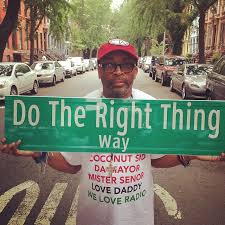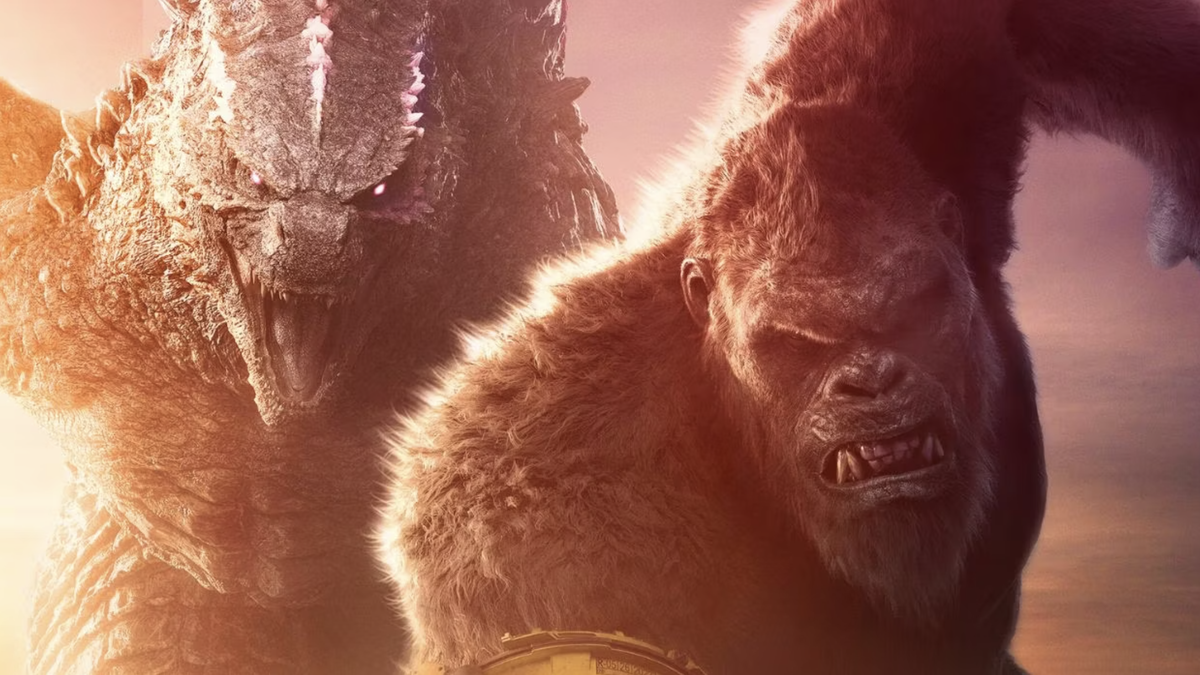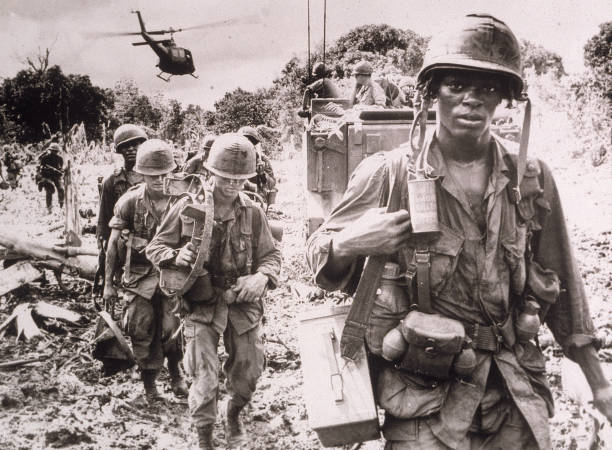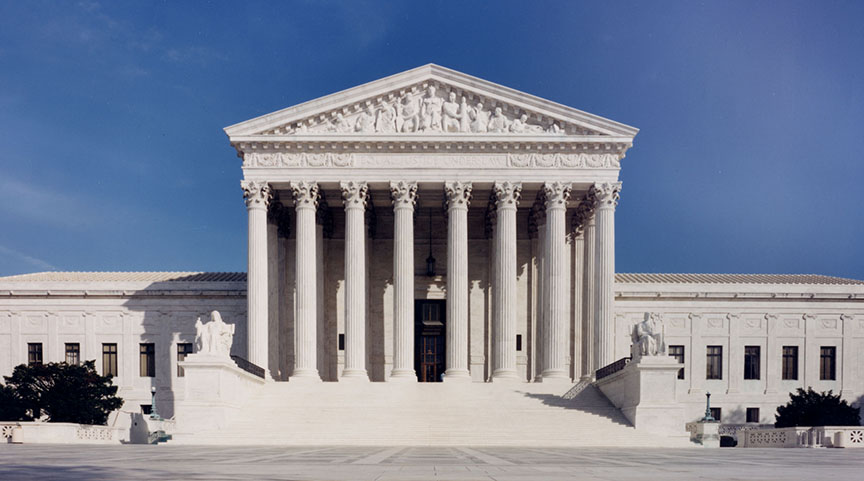(ThyBlackMan.com) Each movie chronicles the day in the life of a Black neighborhood. One from the point of view of the goings in a pizza parlor, the other from the perspective of the happenings in a barbershop. The pizza parlor, an Italian American enterprise, has one Black employee and he is the lowest man on the totem pole, the delivery boy. The barbershop, an African American operation, has a lone white, novice barber.
Do the Right Thing was aimed squarely at the Black community and Barbershop aimed at crossover appeal. Each deals with the two competing visions of Black America, inclusion and separation, and each comes down on opposite sides of the divide.
By the end of Barbershop the novice white barber is fully accepted even by his chief tormentor, a barber who vociferously espouses Black nationalism and the call for reparations which he also desserts by the time the credits roll. At the end of Do The Right Thing, Spike Lee’s character leads a mob in trashing the pizza parlor, thereby ejecting the Italians from the neighborhood.
nationalism and the call for reparations which he also desserts by the time the credits roll. At the end of Do The Right Thing, Spike Lee’s character leads a mob in trashing the pizza parlor, thereby ejecting the Italians from the neighborhood.
 nationalism and the call for reparations which he also desserts by the time the credits roll. At the end of Do The Right Thing, Spike Lee’s character leads a mob in trashing the pizza parlor, thereby ejecting the Italians from the neighborhood.
nationalism and the call for reparations which he also desserts by the time the credits roll. At the end of Do The Right Thing, Spike Lee’s character leads a mob in trashing the pizza parlor, thereby ejecting the Italians from the neighborhood.The two films also offer conflicting opinions on interracial sex. In Barbershop the white barber is shown fondly a Black woman entwined in a deep embrace. In Do the Right Thing Spike Lee’s sister in the film, and in real life, is warned by Spike to stay away from the Pizza shop owner after he sees them flirting. As he cautions her, there is graffiti on the wall behind them that reads, “Tawana told the Truth,” a reference to the Tawana Brawley case, that of a 15 year old Black girl who said she was raped and beaten by a number of police officials. Her claims were ultimately repudiated by the courts, but many African Americans believed that was a coverup.
Barbershop didn’t mention Tawana Brawley, but it did have one of the barbers, Cedric the Entertainer, loudly proclaim, “OJ did it,” and “Rodney King got what he deserved,” and he also made disparaging remarks about Rosa Parks and Martin Luther King. So we see that Barbershop, though filled with Black style and idiom, studiously avoids or repudiates, anything that even hints at Black nationalism. Also, Barbershop though set in Chicago, did not mention that the city was founded by a Black man, Jean Baptiste pont du Sable, whose trading post is still preserved in the heart of downtown. On the other hand, Do the Right Thing, from the very outset with its theme song, “Fight the Power,” by Public Enemy seems to shout, “I am Black and I’m proud!”
Both films were embroiled in controversy. The mainstream press warned that Do the Right Thing could generate riots and violence in the Black community, while Barbershop’s derogatory statements about Martin Luther King and Rosa Parks generated howls of protest from many in the Black community. So there you have it, two pictures portraying life in a Black neighborhood, but what each has to say is as different as night and day!
Staff Writer; Arthur Lewin
This talented author has just published a NEW book which is entitled; AFRICA is not A COUNTRY!.
For more articles written by this talented brother click on the following link; https://thyblackman.com/?s=lewin.
















Leave a Reply